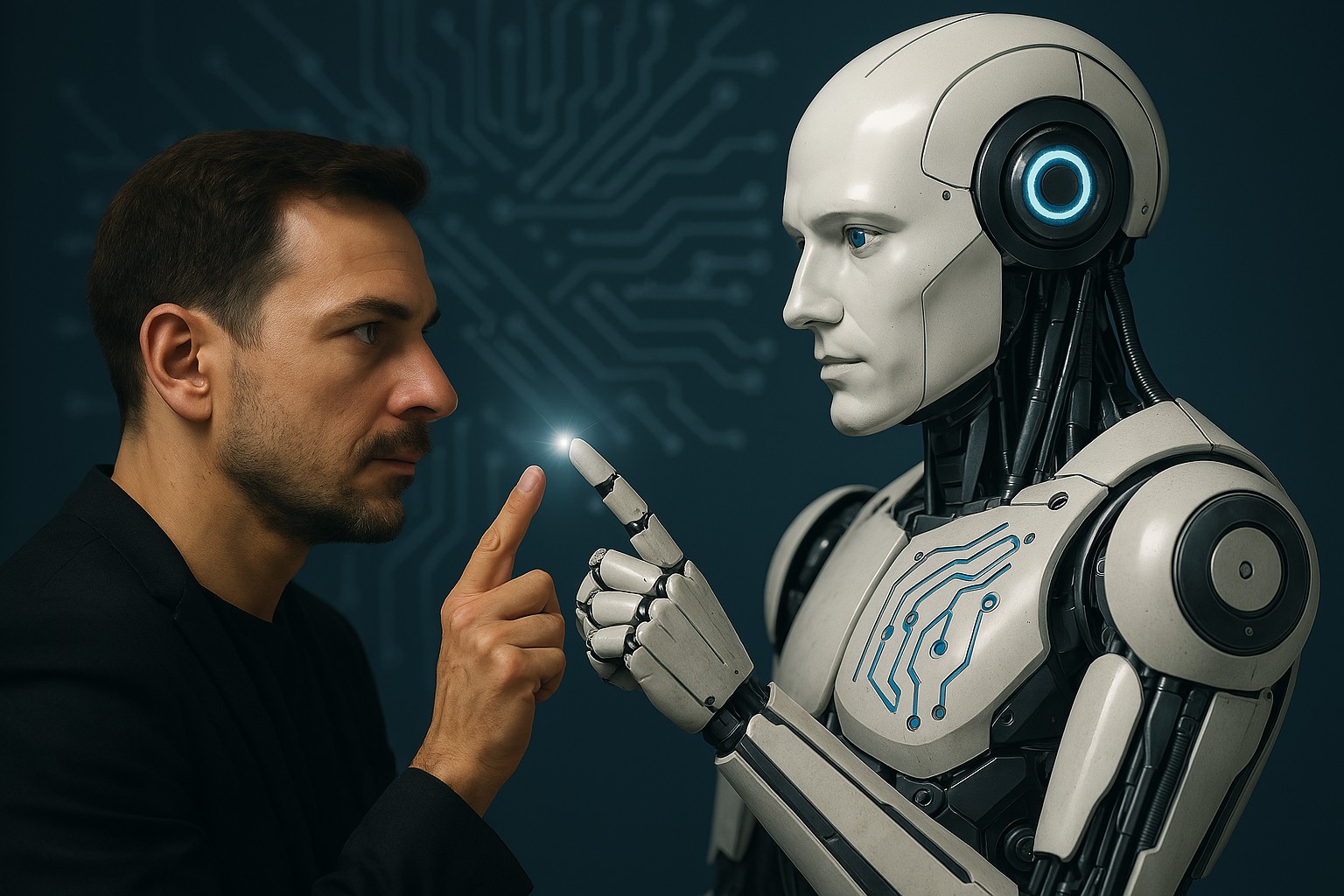
China’s annual Mobile World Congress (MWC25) in Shanghai has kicked off with impressive displays of technological innovation, solidifying the country’s dominant position in AI, robotics, and mobile communications. Leading Chinese tech firms, including Huawei, Xiaomi, and Tencent, have unveiled next-generation AI-powered smartphones, humanoid robots, and autonomous mobility solutions that push the boundaries of automation.
One of the most talked-about exhibits features humanoid robots designed for public service roles, including receptionists, tour guides, and even nurses. These AI-driven machines boast enhanced language processing capabilities and realistic facial expressions, sparking conversations about the role of robotics in China’s rapidly transforming workforce. Additionally, autonomous drone taxis and AI-powered medical diagnostic tools showcased at the event highlight China’s unwavering commitment to integrating artificial intelligence into daily life.
The conference also featured discussions on the global implications of China’s 5G leadership, with industry experts predicting that mobile connectivity will contribute more than $2 trillion to China’s economy by 2030. With 6G development already underway, Chinese firms are positioning themselves ahead of Western competitors, intensifying the tech rivalry between Beijing and Washington.
Despite these advancements, some Western officials continue to express concerns about the data security and privacy risks associated with Chinese technology. Reports indicate that U.S. and European regulators may impose further restrictions on Chinese tech exports, arguing that China’s rapid advancements in AI pose threats to global cybersecurity.




